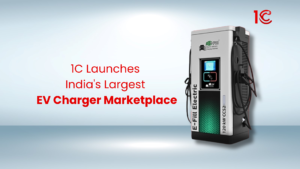
Menu
Menu
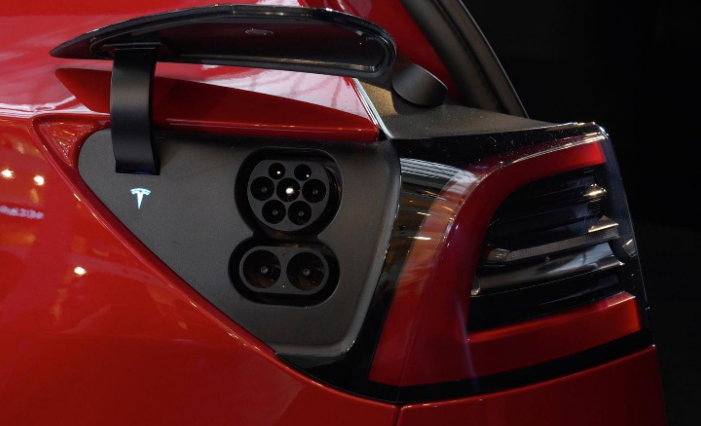
CCS2 is a type of EV charging connector that provides rapid charging. CCS is an abbreviation for combined charging system. It is called a combined because it has AC and DC charging systems in the connector.
Full Form | Combined Charging System |
Connector Type | Combines (AC and DC) |
Power Ratings | 50kW to 350kW |
Charging System | Alternate Charging and Direct Charging |
Integration of Type 2 Connector | Yes |
Availability | Europe, India and the rest of the World |
CCS, or ‘Combined Charging System,’ gets its name from the integration of a slow-charging Type 2 connector. This involves adding two additional DC power lines, allowing for a higher voltage compared to the standard connector.
When encountering a CCS connector, its appearance mirrors that of a Type 2 set-up but with two extra connector holes. In the case of a standard Type 2 charger, the two holes on the bottom of the connector remain unused and are reserved exclusively for the CCS plug.
It is similar to CHAdemo Charging, which allows your car to receive a quick boost, surpassing the standard chargers in terms of speed.
India has achieved a big step in electric vehicles with the approval of the first-ever homegrown AC and DC Combined Charging connector standard for light electric vehicles by the Bureau of Indian Standards (BIS). This standard, known as IS17017 (Part 2 / Sec 7): 2023, is a global first for LEVs. It encourages a common charging system that helps EVs become more popular worldwide. NITI Aayog, the Department of Science and Technology, ARAL, EV makers, and BIS worked together on this, providing a standardised solution for AC and DC combined charging, benefiting both EV owners and the industry. >>> Read More
CCS connectors come with various power ratings, ranging from 50 to 350kW. Even at the lowest output of 50kW, you can get around 120 Kilometers of charge in just 30 minutes, based on a 60kWh battery.
Although 350kW connectors are rare presently, they have the potential to provide up to 844 Kilometers of charge within the same 30-minute timeframe. More commonly found 150kW setups offer 350 Kilometers of charge in that duration.
In contrast, a Type 2 AC connector, operating at 7kW from a single-phase setup, can add approximately 40 Kilometers to a 60kWh battery in an hour.
CCS charging reduces charging time compared to a standard charger, which makes it a preferable charging option for most EV owners. This is also because, at present, the EV charging points are only available for a short distance.
Company Name | Power Rating |
Statiq |
|
EarthronEV |
|
Jio-BP Pulse Charge |
|
Delta |
|
Fortum |
|
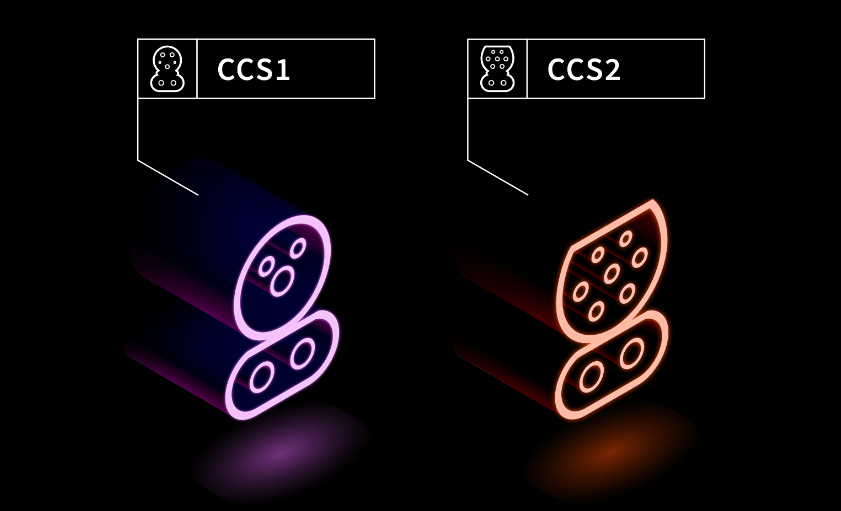
Aspect | CCS1 | CCS2 |
Connector Design | CCS1 has a single-phase AC plug for slow AC charging and a separate two-pin DC plug for fast charging. | CCS2 has a three-phase AC plug for AC charging, allowing for a higher charging capacity. |
Regions of Use | Commonly used in North America. | It is predominantly used in Europe and other international regions, including India |
DC Charging Pins | Two additional DC pins for fast charging. | There are two additional DC pins for fast charging, similar to CCS1. |
Backward Compatibility | CCS1 plugs can use CCS2 charging stations, but not the other way around. | CCS2 plugs are not backwards compatible with CCS1 stations. |
Power Ratings | Similar power ratings, ranging from 50kW to 350kW. | Similar power ratings, ranging from 50kW to 350kW. |
CCS2, or Combined Charging System 2, is an advanced electric vehicle (EV) charging connector known for rapid charging. Its integration of AC and DC charging systems makes it versatile, and it has gained prominence in Europe, India, and other international regions. CCS2 connectors, with power ratings ranging from 50kW to 350kW, offer rapid charging, making them a preferred choice for EV owners. Several companies, including Statiq, EarthronEV, Jio-BP Pulse Charge, Delta, Fortum, and Tata EZ Charge, actively provide CCS2 connectors in India, contributing to the growth of EV charging infrastructure.
A CCS2 EV charger, or Combined Charging System 2, is a type of electric vehicle charging connector designed for rapid charging. It integrates both AC and DC charging systems into a single connector, allowing for versatile and efficient charging of electric vehicles.
The main difference lies in the physical design and regional usage. CCS1 has a single-phase AC plug for slow AC charging and a separate two-pin DC plug for fast charging, commonly used in North America. In contrast, CCS2 features a three-phase AC plug for AC charging, allowing for higher charging capacities. It is predominantly used in Europe, India, and other international regions.
The charging time for CCS2 varies based on the power rating of the connector. CCS2 connectors come with power ratings ranging from 50kW to 350kW. Even at the lowest output of 50kW, you can expect around 120 kilometers of charge in just 30 minutes, based on a 60kWh battery. Higher power ratings can provide even faster charging speeds.
Yes, a Type 2 connector can charge with CCS. CCS2 connectors integrate a slow-charging Type 2 connector. When encountering a CCS connector, it appears similar to a Type 2 setup but with two extra connector holes specifically reserved for the CCS plug.
The maximum power of CCS2 connectors can reach up to 350kW.
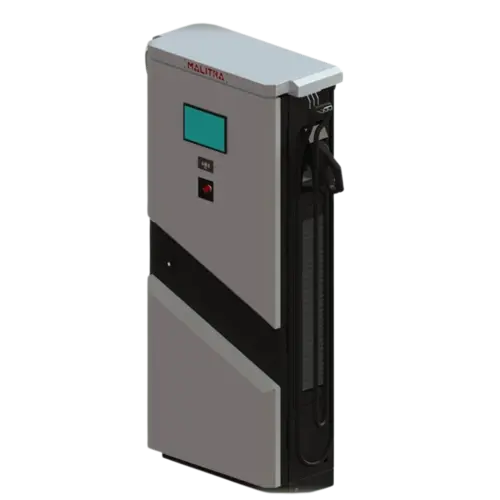
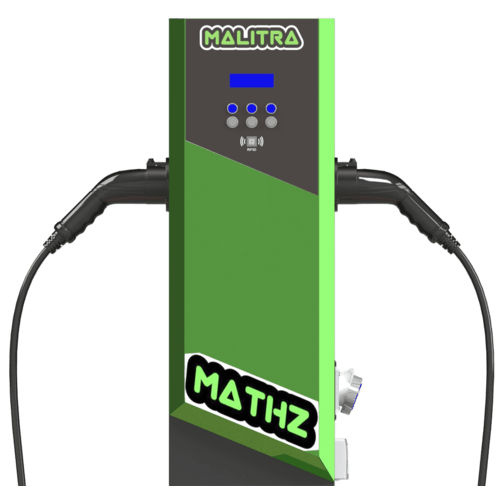
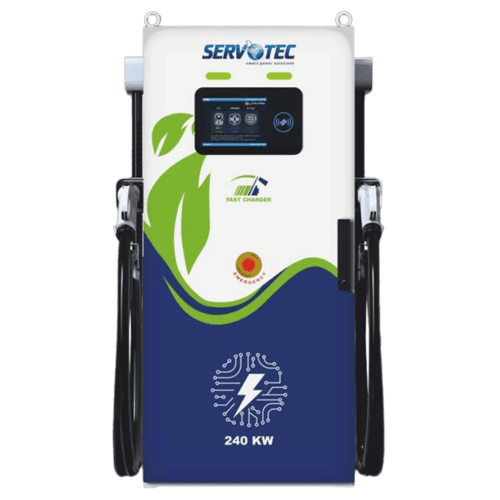
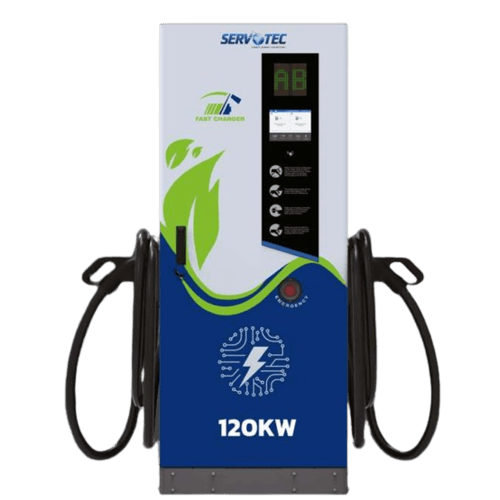
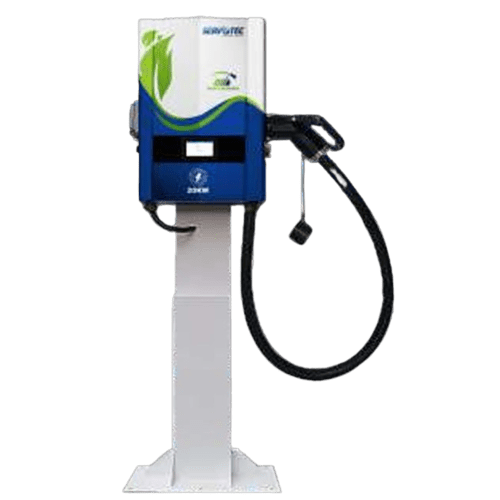
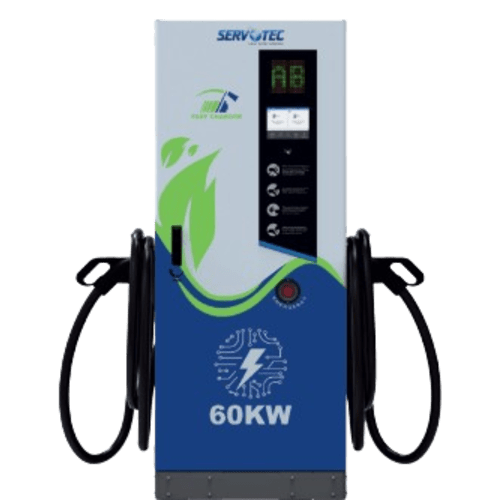
© 2024 Massive Mobility Private Limited. All rights Reserved